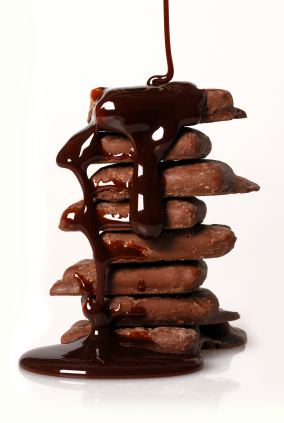skip to main |
skip to sidebar
“Fear? What should a man fear? It’s all chance, chance rules our lives. Not a man on earth can see a day ahead, groping through the dark. Better to live at random, best we can.” (Sophocles 76).
The world has morphed throughout time, yet fear and love are universal throughout mankind. Written in 430 B.C. by the Greek philosopher, Sophocles, Oedipus Rex has been known for 24 hundred years.
It’s your classic tragedy: royal prince is outcast as a baby, grows up with shepherds, accidently kills his dad (the king), then saves Thebes, marries his mother unknowingly, has kids, realizes everything, and gouges out his eyes.
…With so much more meaning and brilliance, obviously. But the underlying factor is the character’s fear of prophecy. There was a divine prediction when Oedipus was born that he would someday murder his father and marry his mother. Terrified and disgusted by this future, his parents have his ankles pinned together, and leaves him on a mountain to die (This is Decision Out of Fear #1). There is a significant absence of love from the beginning of Oedipus’ life.
However, the prophecy becomes true and Oedipus marries into royalty. But there is still a mystifying question in the air: Who killed King Laius? The oracles report that Thebes will continue to suffer from a terrible plague until this question is answered, and once again, Sophocles’ character acts out of fear.
Ironically, his fear was not great enough, for the truth was far worse than plague.
When he discovers that he was the one who committed the unthinkable, his world crashes down around him.
Oedipus’ fear ruled his life and influenced his decisions, ultimately pushing him toward the object of his fear.
Theme: Fear is a greater motivator than love.
"Now these three remain: faith, hope, and love...but the greatest of these is love." ~1 Corinthians 13:13
In her novel, Redeeming Love, Francine Rivers uses the thin line between fear and love to define them both...and concludes that love does not only cast out fear, but has the power to eternally conquer.
Angel, a broken prostitute with a destitute past has grown to believe that women are worthless, love is nonexistent, and men are cold abusers of power. The she meets Michael.
If Angel represents fear, Michael is the definition of love. Michael believes that God called him to marry angel, and he braves obstacle after obstacle to rescue her from her brothel of slavery. Not only does he take care of her, but he vows to love her unconditionally: “I promise to love and cherish you, to honor and sustain you, in sickness and in health, in poverty and in wealth, in the bad that may darken our days, in the good that may light our way” (Rivers 285).
This kind of love is strange to Angel, and overtaken by fear, she runs. She thinks her “old” way of life is better, more comfortable, when in reality, she is ultimately disgusted by the defilement of her body. So she returns to Michael, the only warmth she has really ever felt.
Then she begins to have feelings for him, and this terrifies her more than discomfort. She runs again…four times total actually, until finally she is broken enough to accept the love Michael offers.
Sorry for the spoilers…but let’s break this down: fear was a roller coaster in Rivers’ book, moving up and down at phenomenal speeds, but eventually crashed. Love remained at a quiet, yet steady pace in the background, unchangeable, unbreakable, and indestructible.
The theme: love is eternally more powerful than fear.

The Recipe:
AP Literature & Composition, senior year of high school...saving the best for last :)
To share with the world life's timeless questions, and to delve into the greatest minds of the past and present for our answers.
Shall we embark on our journey?
THE BIG QUESTION:
Which is more powerful, fear or love?




